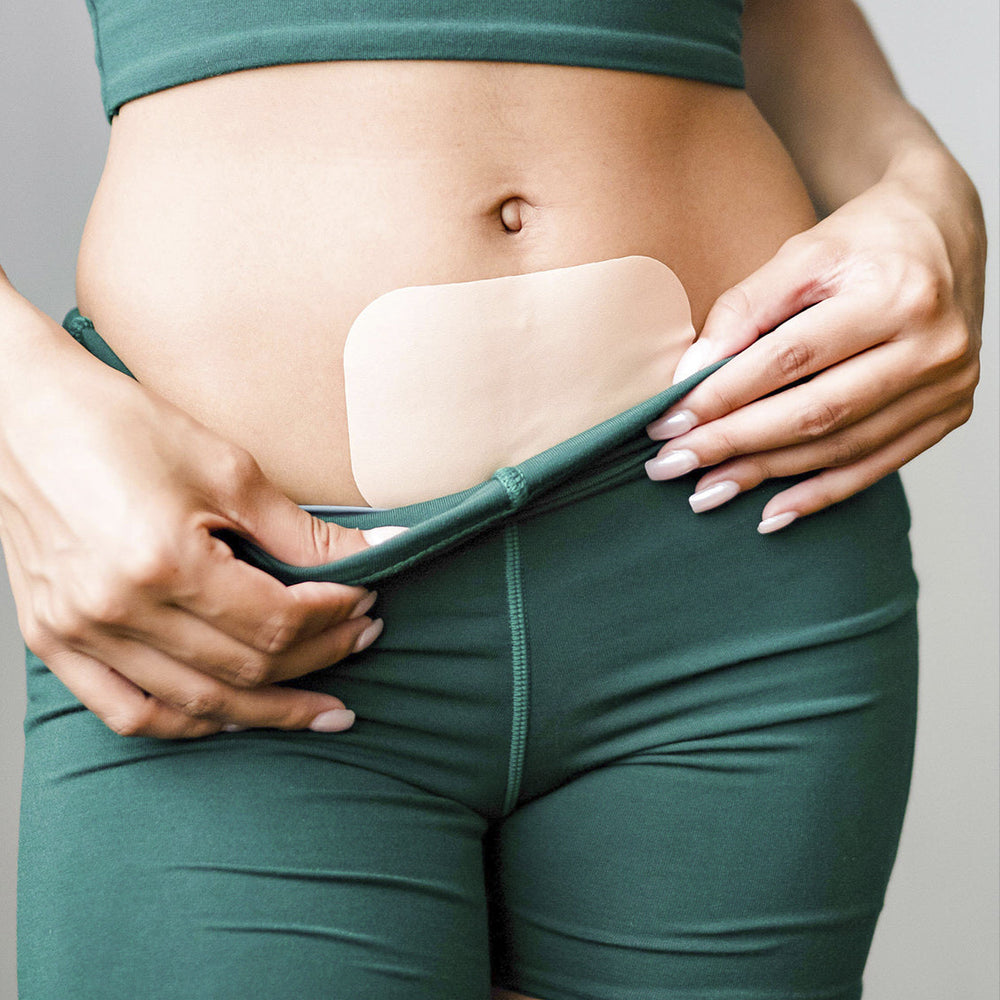What Causes Irregular Periods?
Oftentimes, we as womxn get a little bit nervous when our periods are delayed. It can be disorienting for our cycle to be off kilter, especially if we’re not planning for it to be. With that being said, if your period is later than you expect, you don't necessarily need to get a pregnancy test. Because our menstrual cycle is the one of the many processes our bodies carry out, and we are exceedingly complex beings, all kinds of factors influence period timing and irregularities. While you should always be in dialogue with your doctor about your concerns, in many cases, simple shifts can be made for your cycle to go back to normal. Here are some common causes that may be behind your period irregularity:
- Hormonal birth control pills and intrauterine devices (IUDs): Hormonal birth control pills can cause spotting, especially around ovulation, and lead to much lighter periods overall. Some IUDs are often correlated with heavier bleeding and period delays, while others can stop your period entirely. Admittedly, it makes sense that the introduction of regulating hormones would cause a shift or potential imbalance with your period at first.
- Excessive exercise: Recent studies have indicated that intense exercise during certain phases of your cycle can interfere with the hormonal signals that coincide with menstruation. In fact, according to Dr. Carolyn Alexander of Southern California Reproductive Center, excessive exercise also delays periods because your body needs enough fat in order to menstruate. This is not to say that you shouldn’t make the effort to exercise more if you’d like. Rather, as you adjust your workout routine, you may want to make these changes gradually while bearing your cycle phases in mind. In a framework called cycle syncing, experts recommend that you exercise less during the menstrual phase.
- Stress: Stress can also interfere with the hormonal control of menstruation, which isn’t surprising since stress seems to interfere with basically everything. In a high stress state, your body is so locked into “survival mode” that many cyclical processes are disrupted. When the high stress state is over, your menstrual cycle will probably go back to being a little bit more predictable.
- Medications: Specifically, medications that directly relate to hormone shifts like antidepressants, blood thinners, and ibuprofen, can alter periods. If you are taking these medications per your doctor’s recommendation, be patient with your body in establishing its new normal in response to this hormone regulation.
- Sleep: Critical to all kinds of bodily rhythms, including circadian and menstrual, poor sleep can mess with your melatonin levels. Recent comprehensive studies have indicated correlations between light exposure, decreased melatonin levels, and irregular periods. Melatonin levels need to be high in order for menstruation to occur. While getting good sleep is always important, it’s especially important right before and during your period.
When you experience period irregularity, though you should trust your body and how you’re feeling, don’t jump to the worst conclusions possible. It’s possible that your body may be adjusting to some notable shifts or you can change some of your habits ever so slightly. Be sure to be in active dialogue with a doctor you trust. Let’s continue to embrace a dynamic relationship with our bodies along our wellness journeys.


Leave a comment